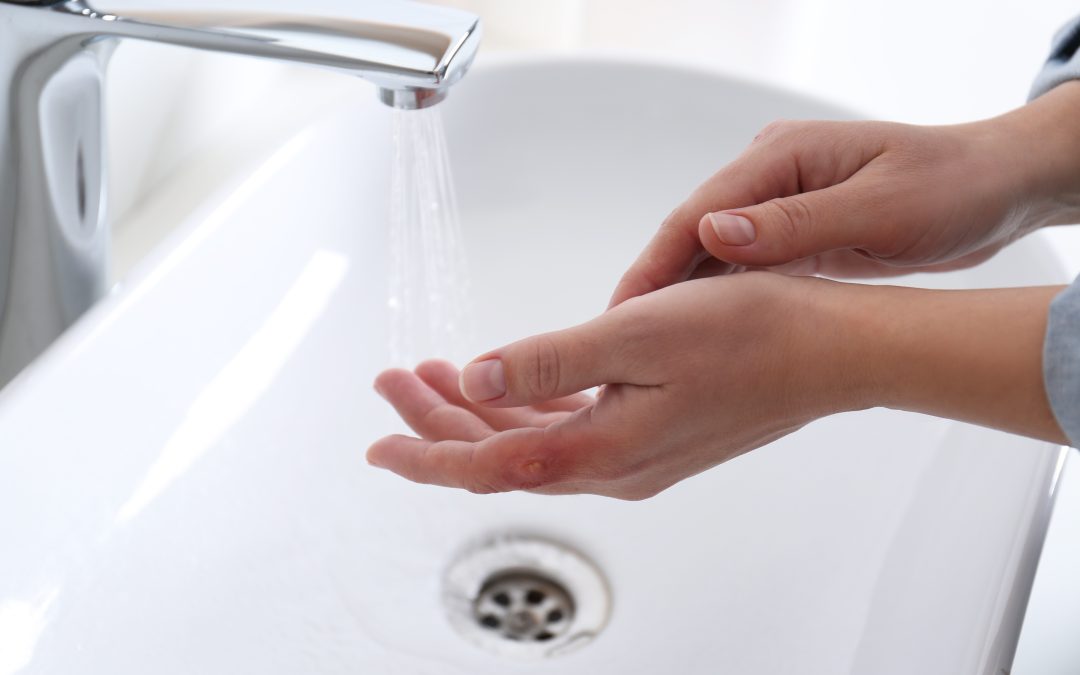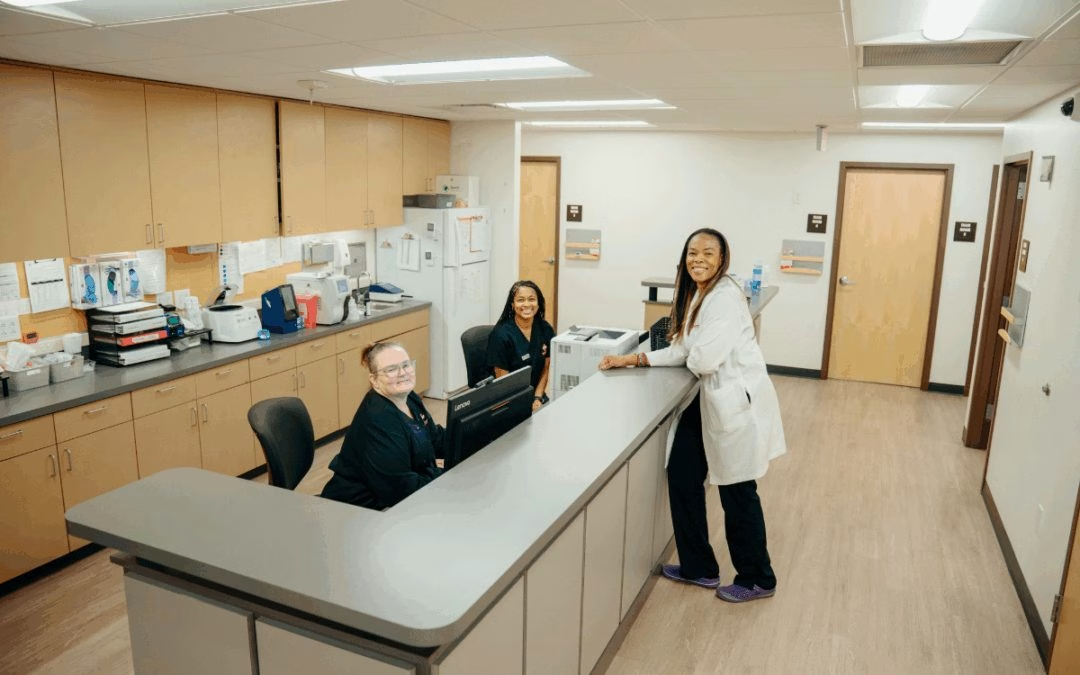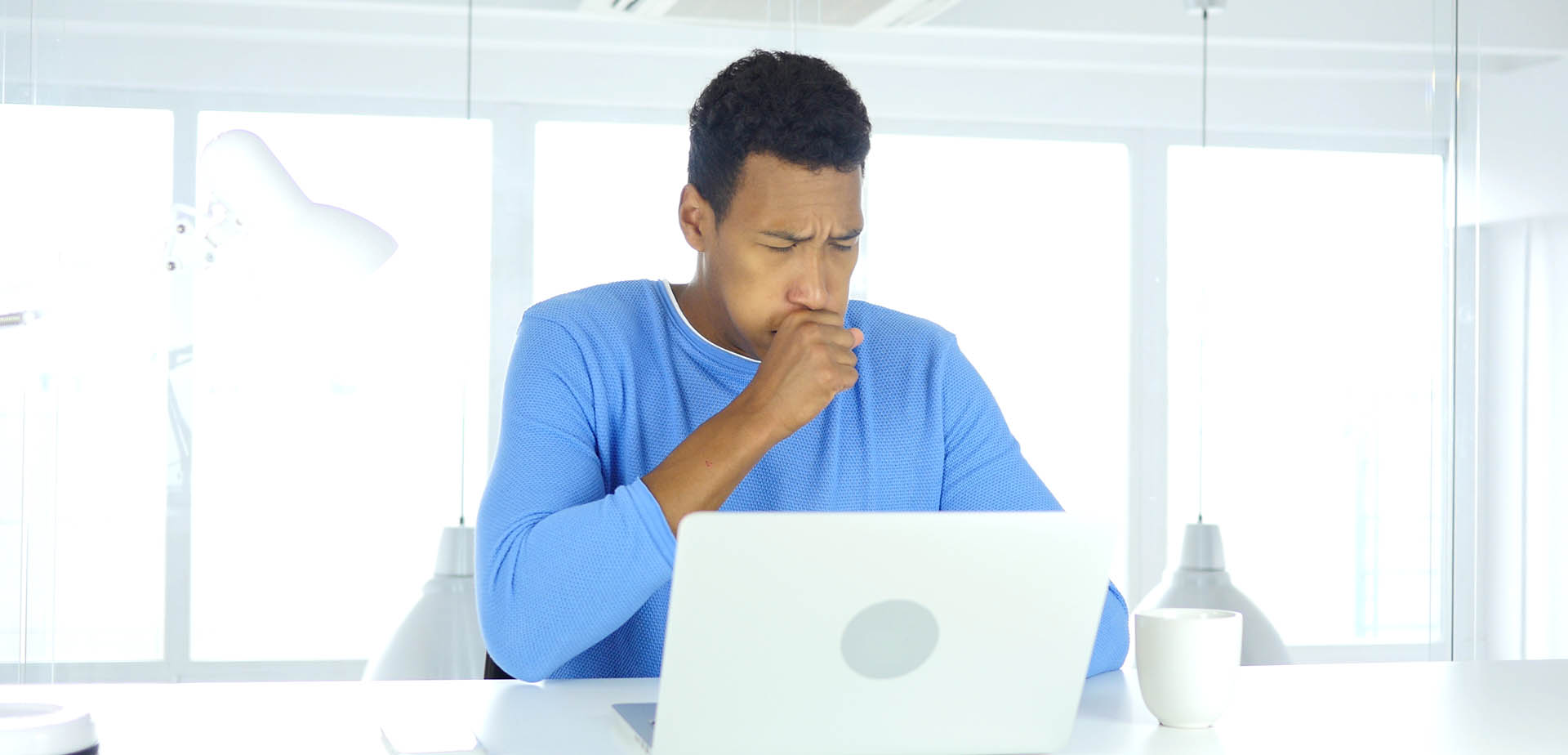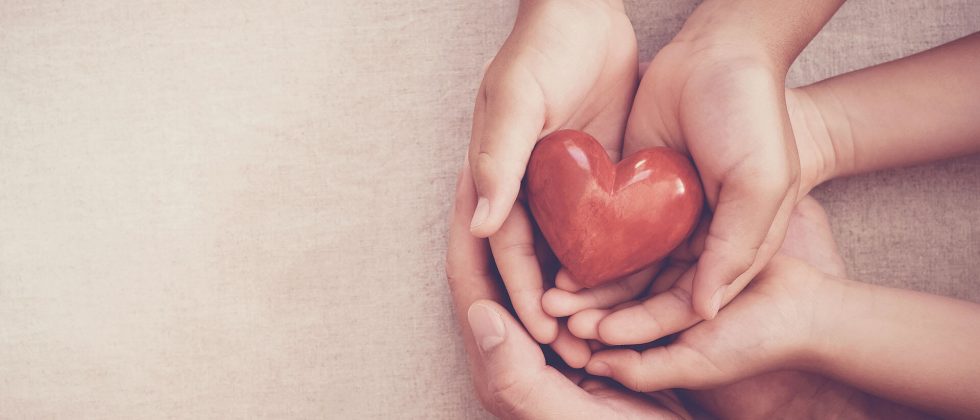
How Should I Treat a Minor Cooking Burn?
As New Year’s resolutions ignite a focus on nutrition and well-being, many envision ditching takeout for home-cooked meals. While preparing your own food offers undeniable health benefits, remember to savor restaurant experiences too! Sevierville has several culinary gems like Applewood’s and its iconic apple butter and Five Oaks Farm Kitchen’s dinnertime charm. Enjoy getting back into the kitchen in 2024 but remember to keep safety your first priority – after all, a happy kitchen is a safe kitchen.
Brush up on basic cooking techniques and essential safety tips to ensure a successful (and burn-free!) year. Remember, accidents happen, but knowing how to handle them can make a world of difference. Let’s explore practical burn care tips, from immediate treatment to recognizing when you should get professional help.
If you have questions or concerns about minor burns or any lingering issues, contact AFC Urgent Care Sevierville today for help.
What’s The Difference Between First, Second, And Third-degree Burns?
Burns come in various degrees, each requiring different levels of care. Knowing the key differences can help you respond effectively and promote optimal healing.
- First-Degree Burns – The mildest type, affecting only the top layer of skin. These burns appear red and painful, but they don’t blister. Think sunburn!
- Second-Degree Burns – Deeper than first-degree, these burns involve the top two skin layers. They’re characterized by redness, pain, swelling, and blistering.
- Third-Degree Burns – The most severe, these burns extend through all skin layers and damage underlying tissues. They appear white, black, or charred and require immediate medical attention.
Knowing the burn’s severity is crucial for determining the appropriate response. While minor burns can be treated at home, more severe burns require professional medical care.
Immediate First Aid for Minor Burns
Quick action after a burn minimizes tissue damage and speeds up healing. Here’s what to do:
- Cool the Burn – Contrary to popular belief, avoid ice! Run cool (not cold) tap water over the burn for 10 minutes to stop the burning and reduce swelling.
- Protect the Burn – Apply a sterile burn cream or petroleum jelly to prevent infection and soothe discomfort. Cover loosely with a clean, non-stick bandage.
- Manage Pain – Over-the-counter pain relievers like ibuprofen or acetaminophen can help manage discomfort.
When to Get Medical Attention for Burns
While most minor burns can be soothed and cared for at home, some situations require prompt medical attention. Don’t hesitate to seek professional help if:
- The burn’s bigger than your palm. Large burns require expert assessment and care to minimize scarring and infection risk.
- Blistering takes over. Extensive blistering, especially covering large areas, indicates deeper burn damage and necessitates medical intervention.
- Sensitive areas are affected. Burns on the face, hands, feet, genitals, or major joints demand immediate medical attention due to their vulnerability and potential functional impairment.
- Third-degree burns occur. These severe burns penetrate all skin layers and require specialized treatment to prevent complications and promote healing.
- Your body surface burns exceed 10 percent. Extensive burns pose a significant risk of infection and other complications and must be managed by medical professionals.
Preventing Kitchen Burns
The best way to deal with burns is to avoid them altogether. Here are some simple kitchen safety tips that go a long way:
- Shield your hands. Always wear oven mitts or pot holders when handling hot cookware to prevent direct contact with heat.
- Be mindful of the flames. Turn pot handles away from the stovetop edge to avoid accidental knocks and spills.
- Clear the clutter in your kitchen. Keep flammable objects like towels or paper bags away from heat sources to minimize fire hazards.
- Dress for success. Try wearing long sleeves and pants while cooking to protect yourself from accidental splashes and spills.
By incorporating these essential precautions into your culinary routine, you can create a safer and more enjoyable cooking environment for yourself and your loved ones. Remember, a little knowledge and preparation can go a long way in preventing burns and ensuring a worry-free kitchen experience.


